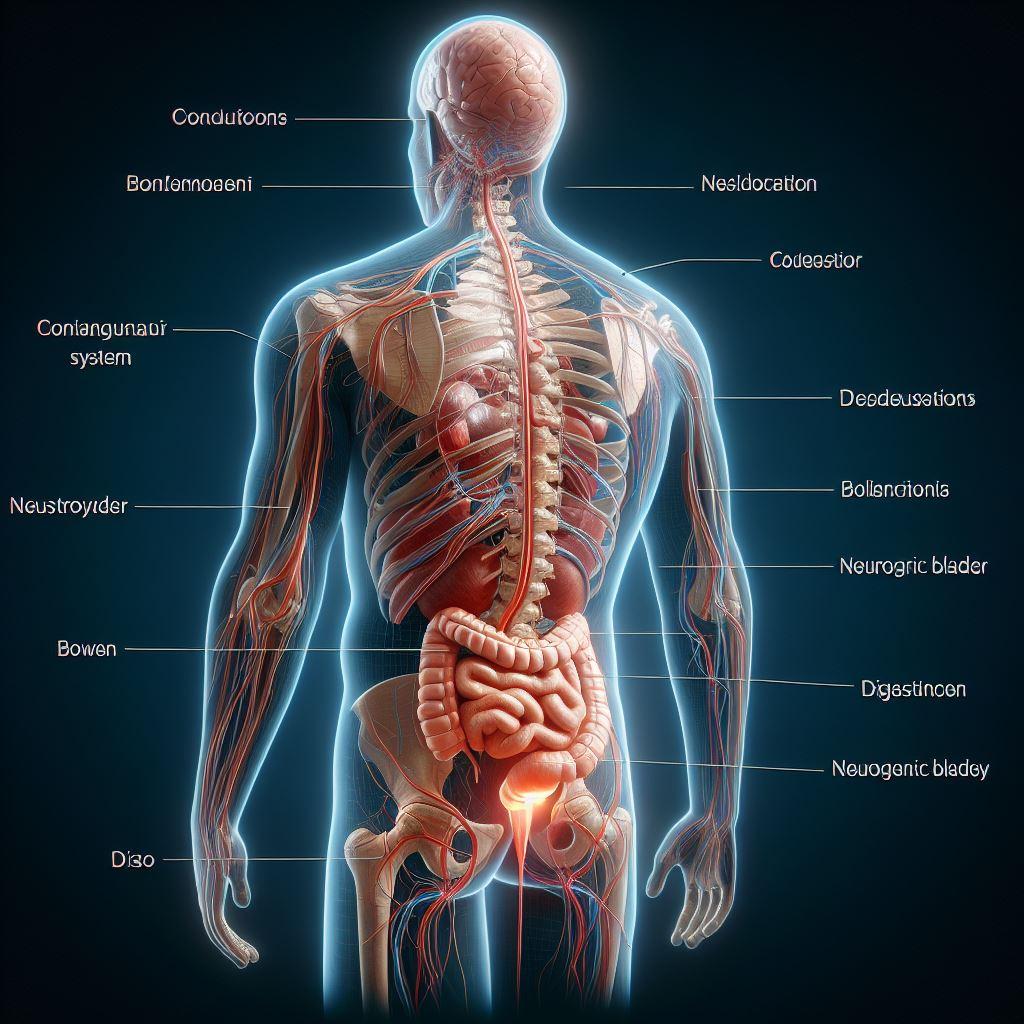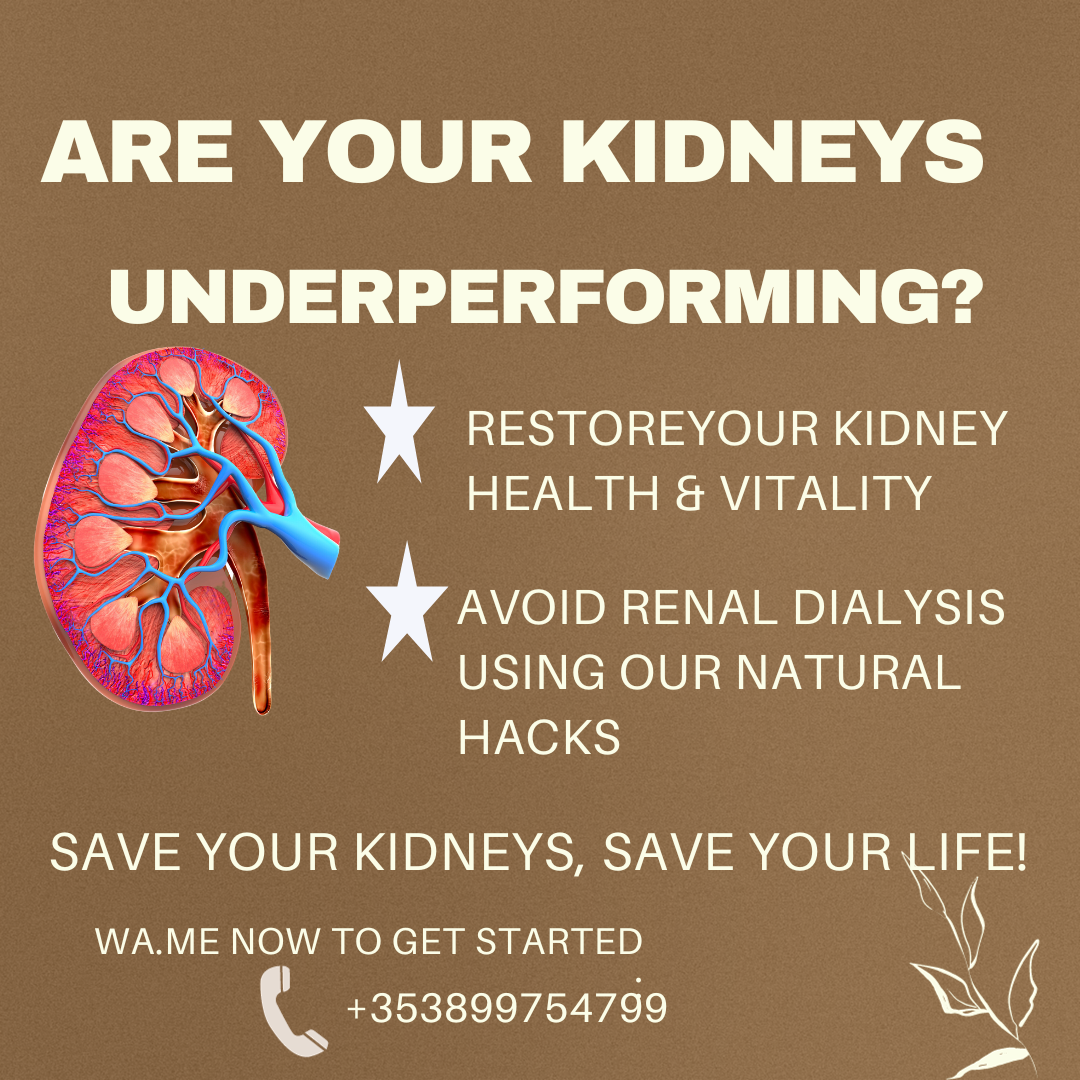Ever dreamed of having your own little bundle of joy
Now is the time, and here is how!
️
Are you tired of those awkward dinner table conversations when you both plan to have a child
Not anymore!
I am guessing if you're reading this content, it's because you, like many couples, are having a hard time winning the battle of infertility.
If you're looking for a quick magic pill that promises instant baby-making miracles, then this may not be for you. But if you're committed to exploring natural, holistic options and want a real solution, currently helping thousands of couples worldwide, then hear me out.
I am Juliet Oriri, a nurse practitioner and a proud retailer of ENL products. Our innovative herbal and stem cell products in everyday forms like tea and coffee have been revolutionising the lives of couples across continents.
Factor in our specially curated, easy-to-consume products with scientifically backed herbal remedies that promote natural fertility. Consider swapping your regular beverages with our organic, stem cell-infused tea and coffee to kick-start your journey to parenthood.
Send a DM or click on this link, wa.link/lif2pe, to learn more about our range of products. Let's get you started!
BENEFITS:
You'll get access to a natural, non-invasive, and health-affirming pathway to fertility, plus the added benefits of regular wellness offered by our stem cell-infused herbals.
TESTIMONIAL:
Here’s what one of our satisfied customers, Jenny, has to say about her journey with us:. "After years of unsuccessful tries and painful treatments, a special diet and ENL products brought magic into our lives. All it required was a lifestyle switch, and now we're excitedly expecting our baby."
Curious
Click here, wa.link/lif2pe, and schedule a call with us. Let’s discuss further—no commitments, only solutions!
Tick-tock doesn't stop, and neither should your dreams of parenthood. Don't let infertility stop you from experiencing the beautiful journey of life creation.
No more waiting; take the first step towards parenthood today! Click here wa.link/lif2pe to start your journey.
P.S. Yes, we've cracked it! Our secret recipe is a winning combo of science and herbal magic. All you need to do is enjoy a coffee or tea and let the magic roll in. Just like that
Yes. Just like that
Cheers to your upcoming baby showers!
Juliet Oriri
Livewellpathway.
#foodasmedicine #foodforfortune #herbs #ENL #herbalremedies #hormonebalance #vigorbold #cranstembold #infertility #detox #fruitandveggies #healthyeating #healthylifestyle #blockedtubes #fertilityboost #STDs #PCOS #endocrinedisorders #endometriosis #femebold #slimbold #waterEver dreamed of having your own little bundle of joy? Now is the time, and here is how! ?☕️
Are you tired of those awkward dinner table conversations when you both plan to have a child? Not anymore!
I am guessing if you're reading this content, it's because you, like many couples, are having a hard time winning the battle of infertility.
If you're looking for a quick magic pill that promises instant baby-making miracles, then this may not be for you. But if you're committed to exploring natural, holistic options and want a real solution, currently helping thousands of couples worldwide, then hear me out.
I am Juliet Oriri, a nurse practitioner and a proud retailer of ENL products. Our innovative herbal and stem cell products in everyday forms like tea and coffee have been revolutionising the lives of couples across continents.
Factor in our specially curated, easy-to-consume products with scientifically backed herbal remedies that promote natural fertility. Consider swapping your regular beverages with our organic, stem cell-infused tea and coffee to kick-start your journey to parenthood.
Send a DM or click on this link, wa.link/lif2pe, to learn more about our range of products. Let's get you started!
BENEFITS:
You'll get access to a natural, non-invasive, and health-affirming pathway to fertility, plus the added benefits of regular wellness offered by our stem cell-infused herbals.
TESTIMONIAL:
Here’s what one of our satisfied customers, Jenny, has to say about her journey with us:. "After years of unsuccessful tries and painful treatments, a special diet and ENL products brought magic into our lives. All it required was a lifestyle switch, and now we're excitedly expecting our baby."
Curious? Click here, wa.link/lif2pe, and schedule a call with us. Let’s discuss further—no commitments, only solutions!
Tick-tock doesn't stop, and neither should your dreams of parenthood. Don't let infertility stop you from experiencing the beautiful journey of life creation.
No more waiting; take the first step towards parenthood today! Click here wa.link/lif2pe to start your journey.
P.S. Yes, we've cracked it! Our secret recipe is a winning combo of science and herbal magic. All you need to do is enjoy a coffee or tea and let the magic roll in. Just like that? Yes. Just like that ☺️
Cheers to your upcoming baby showers! ?
Juliet Oriri
Livewellpathway.
#foodasmedicine #foodforfortune #herbs #ENL #herbalremedies #hormonebalance #vigorbold #cranstembold #infertility #detox #fruitandveggies #healthyeating #healthylifestyle #blockedtubes #fertilityboost #STDs #PCOS #endocrinedisorders #endometriosis #femebold #slimbold #water











